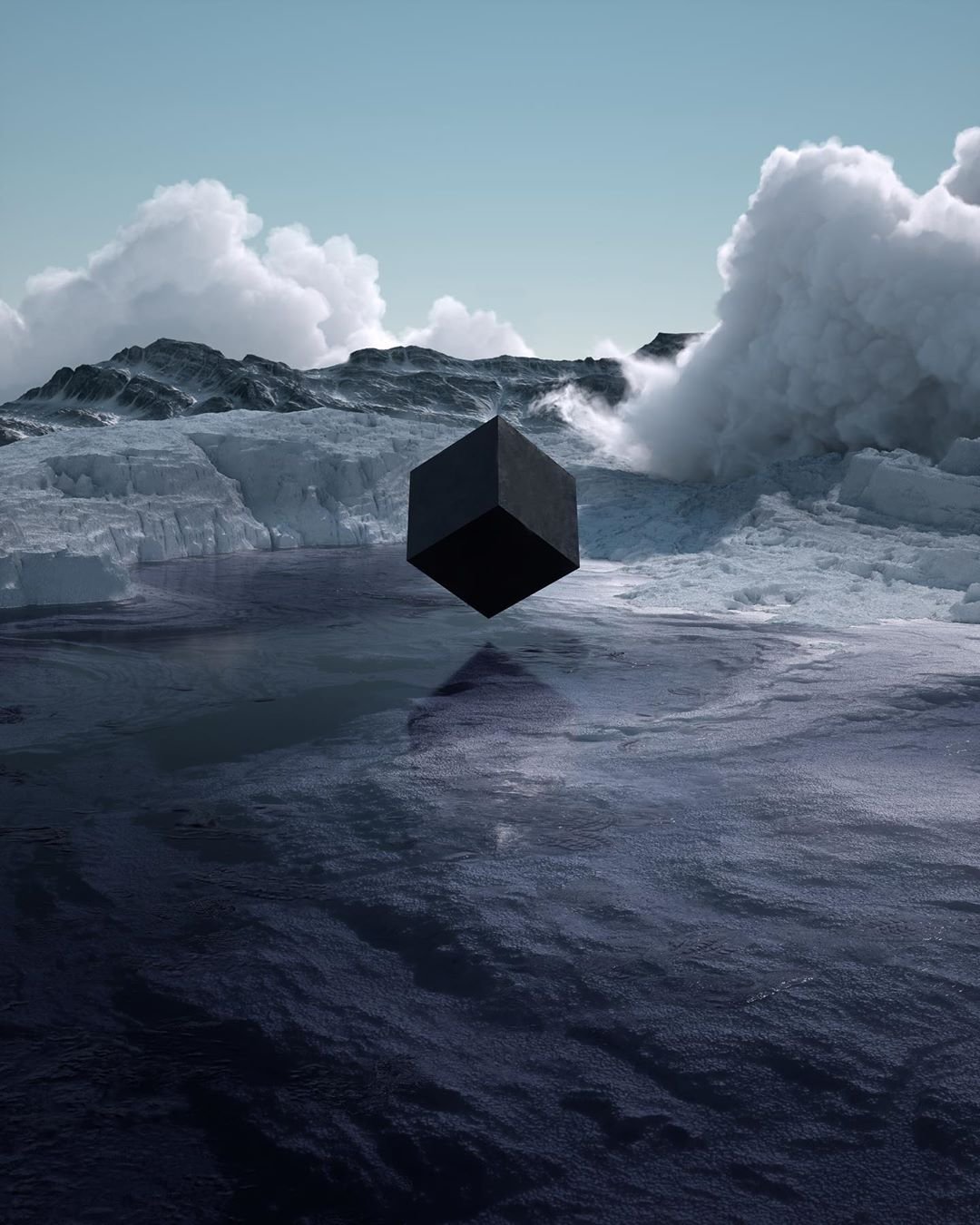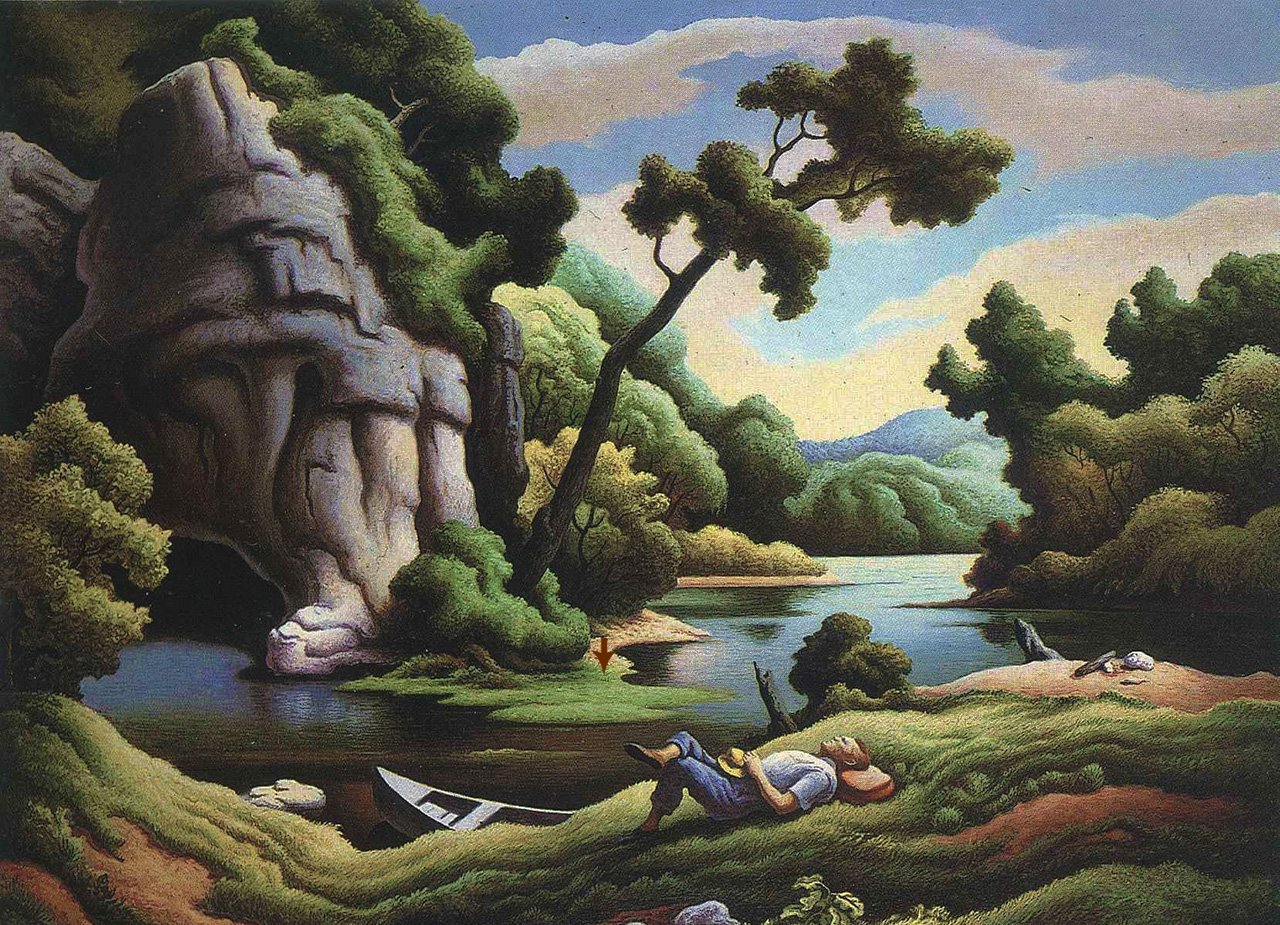
ESSAYS
Thomas Hart Benton, Cave Spring
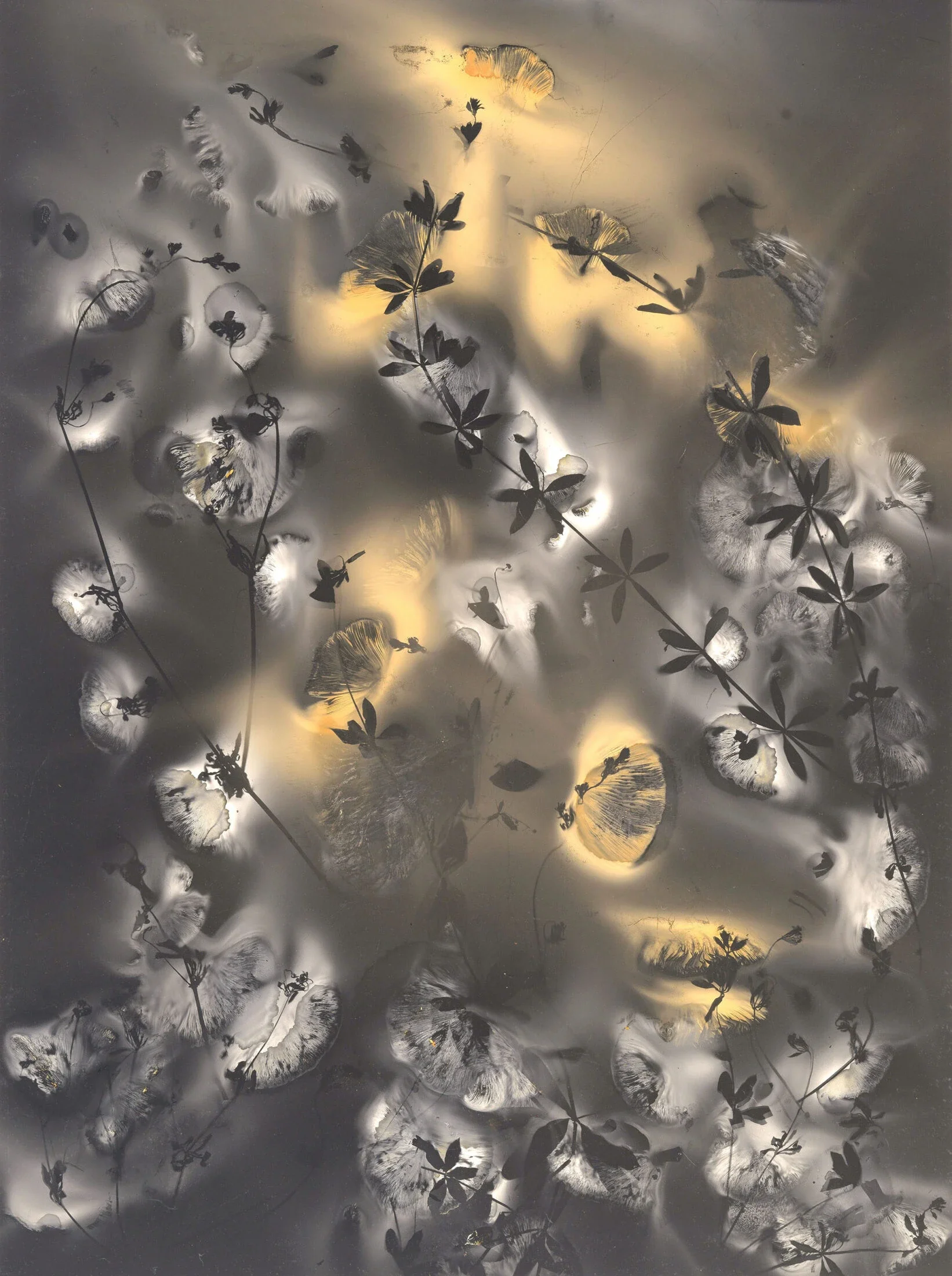
On the Anarchic Proliferation of Earthly Perspectives
A hallmark of the puzzling era we’re now living through is a remarkable juxtaposition of two apparently contrary trends. In many social circles, there exists a buoyant sense of possibility, an upbeat and expectant optimism with regard to the near and long-term future. Yet in other societal spheres, a spreading despondency weighs folks down whenever they contemplate our collective future, an overwhelming hopelessness that interferes with their ability to even envision a livable future a generation or two from now.

Magic and the Machine
A hallmark of the puzzling era we’re now living through is a remarkable juxtaposition of two apparently contrary trends. In many social circles, there exists a buoyant sense of possibility, an upbeat and expectant optimism with regard to the near and long-term future. Yet in other societal spheres, a spreading despondency weighs folks down whenever they contemplate our collective future, an overwhelming hopelessness that interferes with their ability to even envision a livable future a generation or two from now.
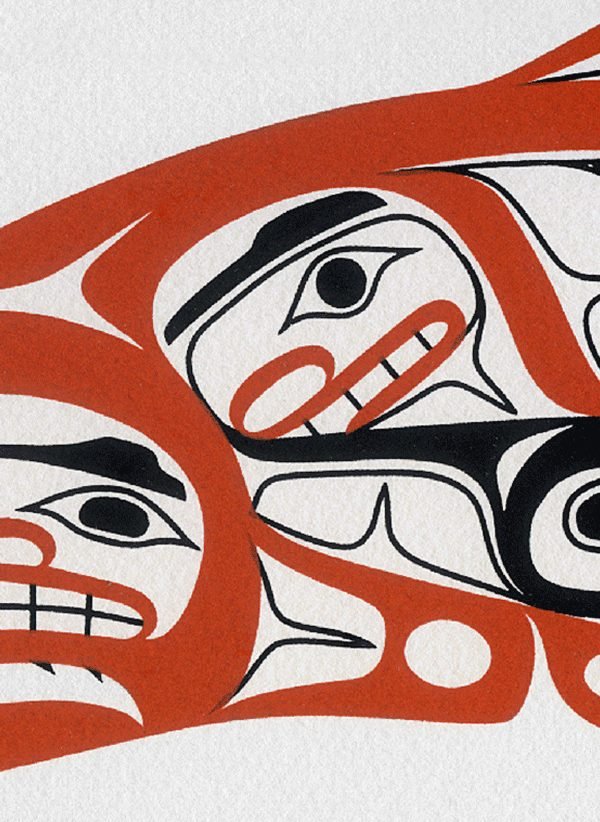
Creaturely Migrations on a Breathing Planet
IN THE SUMMER of 1988, I found myself kayaking in the Prince William Sound of Alaska, a few months before the undulating surface of that life-filled sea was generously layered with a glistening blanket of oil by the Exxon Corporation. A suburban kid from Long Island, this was my first time in the far north, and I was stunned by the colossal scale of the place—by immense glaciers calving off icebergs into the waters around me, by the preponderance of eagles who seemed to glare down at me from every overhanging branch and snag.
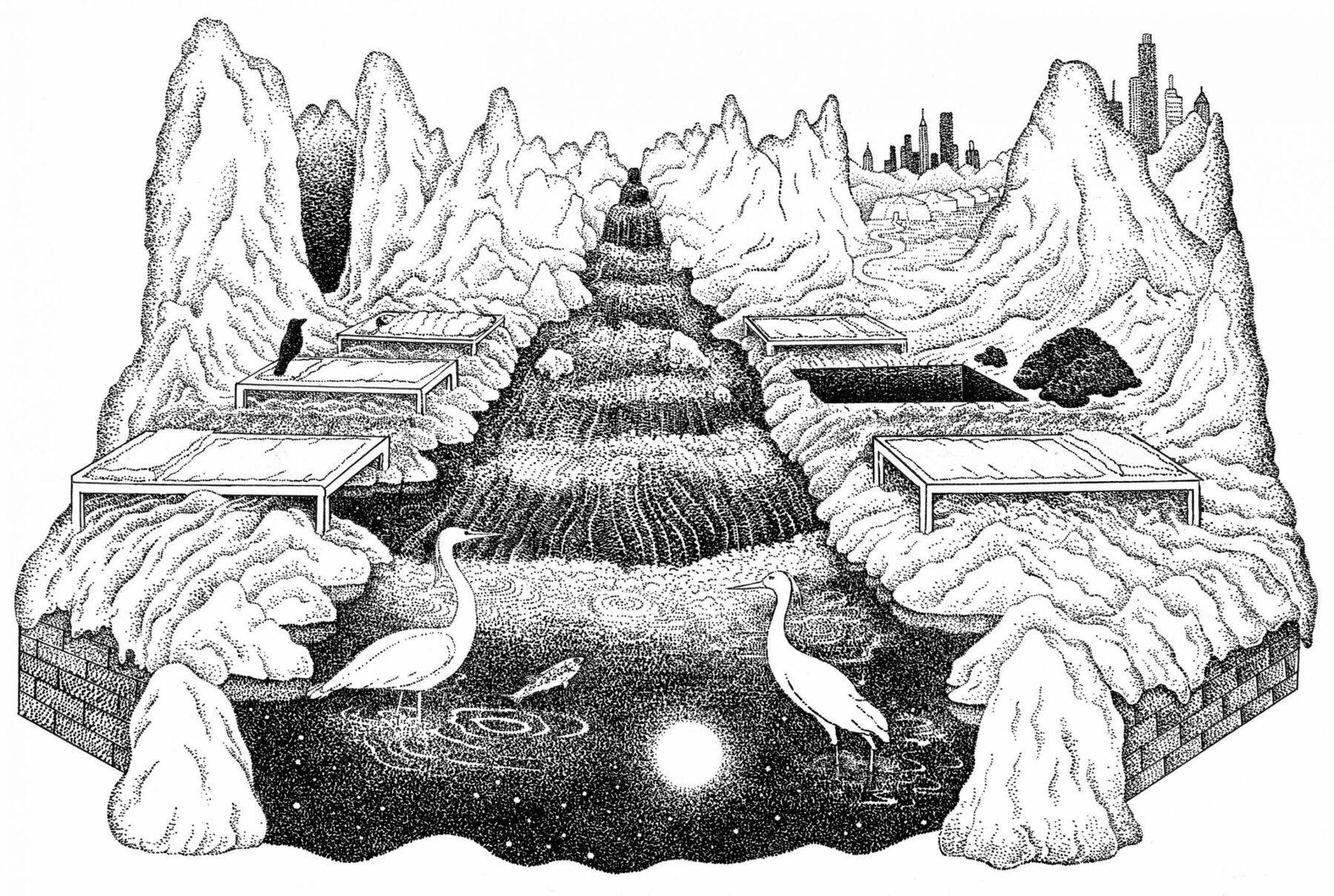
In the Ground of our Unknowing
Written from within the first weeks of the COVID-19 pandemic:
RIGHT NOW, the earthly community of life—the more-than-human collective—is getting a chance to catch its breath without the weight of our incessant industry on its chest. The terrifying nightmare barreling through human society in these weeks has forced the gears of the megamachine (all the complex churning of commerce, all this steadily speeding up “progress”) to grind to a halt—and so, as you’ve likely noticed, the land itself is stirring and starting to stretch its limbs, long-forgotten sensory organs beginning to sip the air and sample the water, grasses and needles drinking in sky without the intermediating sting of a chemical haze.

The Commonwealth of Breath
Gusting the tops of small waves, a wind carrying salt spray collides with another thick with tree pollen; edges of both merge with a breeze plucking lichen spores from the surface of rocks as it rides up the hill where I sit, high above the coast, gazing at a far-off tanker filled with tar sands crude. Behind me, another breeze lingers at the forest edge, spiced by truck exhaust and the reek from two oyster shells broken open by a raven. I breathe in, and all those unseen currents converge, pollen and petrol fumes flooding up through my nostrils (tweaking dendrites and spreading twangs of sensation along my scalp) and then down into my chest, charging my blood and feeding the vigor in my limbs. I stretch, shoulder muscles cracking, and exhale. The feelings sparked by the sight of that tanker lend their tremor to the breath pouring out through my lips: wonder and worry texture the small vortices in front of me and the eddying flows that rush past me, informing the interference patterns between my exhalations and those of the tall cedars and the mist rising from the Salish Sea.

Interbreathing Ecocultural Identity in the Humilocene: A Conversation
Abram: So often our internecine human conflicts – our readiness to take offense at perceived slights in relation to some identity or other – come in the way of and interrupt any felt discovery of our shared dependence upon the Earth, our shared interdependence with other creatures and plants and earthly elements. I often think that we use identity conflicts to hide, or avoid noticing, what’s really at stake today – which is our deeper identity as parts of Earth. There’s been so much violence toward or between or against particular groups, violations and affronts, marginalizations and erasures that must indeed be recognized, acknowledged, and – to whatever extent possible – accounted for, apologized for, even atoned for. But we do not have time for all of these affronts in their specificity to be recognized clearly before we begin noticing the collective assault – to which most if not all of us contribute – on the biosphere itself, the collective desecration of our larger Body.

Foreword for Joanna Macy: A Wild Love for the World
In the early 1980s I was driving along a poorly paved road in the outer suburbs of New York City, my right hand fiddling with the radio dial in hopes of finding some decent songs to listen to. As the sound skidded from station to station – between the white fuzz of static and intermittent snatches of innocuous, overproduced music – I abruptly heard a clear and curious voice, not exactly singing, but definitely singsong, lilting up and down. I stopped turning the dial and just listened. At a brief station break, the woman being interviewed was identified as Joanna Macy, a Buddhist scholar and activist. And then there was that unusual voice again, breathy, with a slightly nasal twang, saying something astonishingly simple…
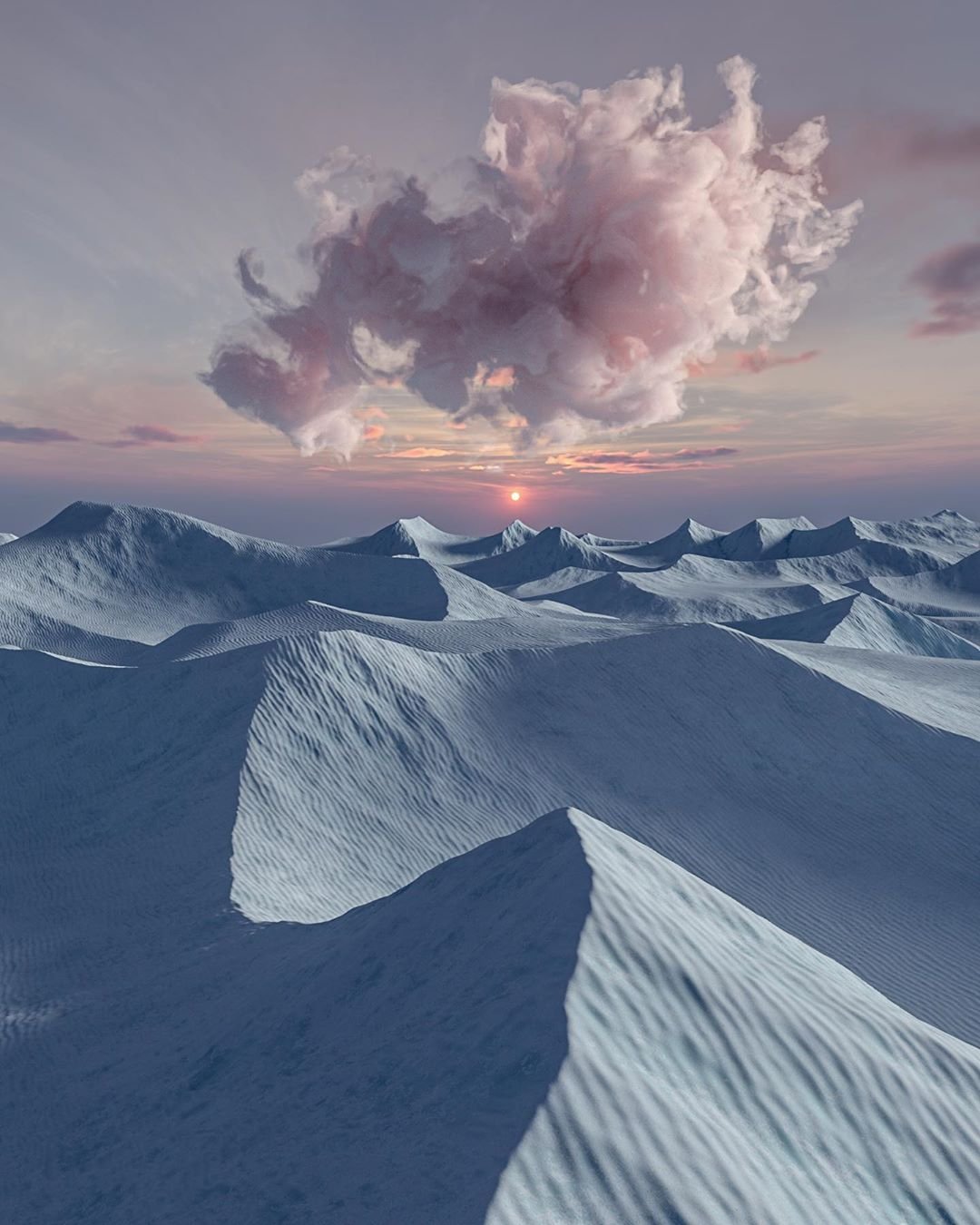
Making Magic
They told me I had powers.
Powers? I had been a magician for seven years, performing steadily back in the States, entertaining in clubs and restaurants throughout the country, yet I had never heard anyone mention powers. To be sure, once or twice a season I was rebuked by some spectator fresh out of Bible school for “doing the work of Satan,” but the more customary refrain was: “How did you do that?” Every evening in the clubs: “How? How did that happen?” “C’mon tell us — how does that work?”

In the Depths of a Breathing Planet
By providing a new way of viewing our planet – one which connects with some of our oldest and most primordial intuitions regarding the animate Earth – Gaia theory ultimately alters our understanding of ourselves, transforming our sense of what it means to be human. For much of the modern era, earthly nature was spoken of as a complex yet mechanical clutch of processes, as a deeply entangled set of objects and objective happenings lacking any inherent life, or agency, of its own. Such a conceptual regime helped sustain the cool detachment that was generally deemed necessary to the furtherance of the natural sciences. Yet the thorough objectification of earthly nature also served to underwrite the sense of human uniqueness that has permeated the modern era.
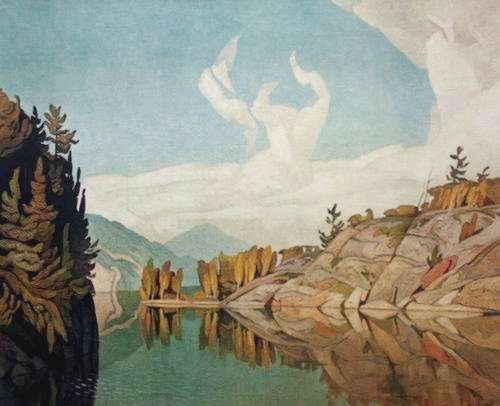
The Perceptual Implications of Gaia
The Gaia hypothesis represents a unique moment in scientific thought: the first glimpse, from within the domain of pure and precise science, that this planet might best be described as a coherent, living entity. The hypothesis itself arose in an attempt to make sense of certain anomalous aspects of the Earth’s atmosphere. It suggests that the actual stability of the atmosphere, given a chemical composition very far from equilibrium, can best be understood by assuming that the atmosphere is actively and sensitively maintained by the animals, plants, oceans, and soils all acting collectively, as a vast, planetary metabolism.
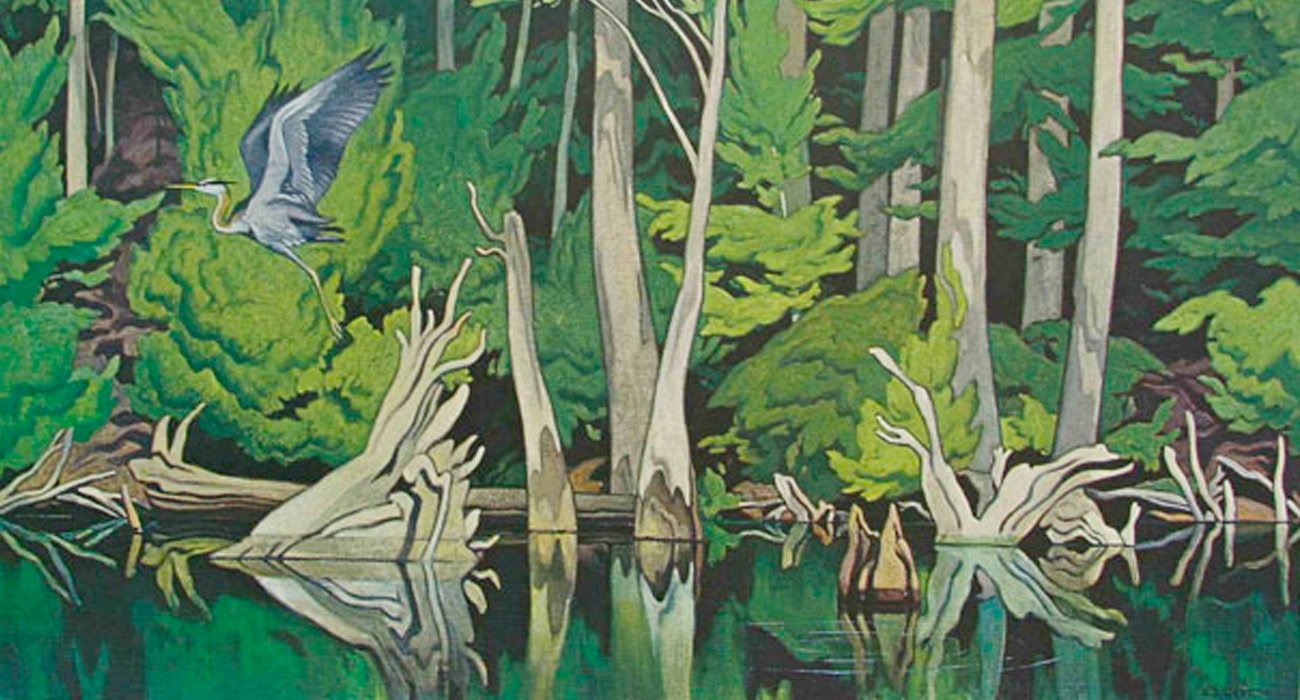
Depth Ecology
Deep ecology, as a movement and a way of thinking, has commonly been contrasted to conventional environmentalism, and especially to approaches that focus only on alleviating the most obvious symptoms of ecological disarray without reflecting upon, and seeking to transform, the more deep-seated cultural assumptions and practices that have given rise to those problems.
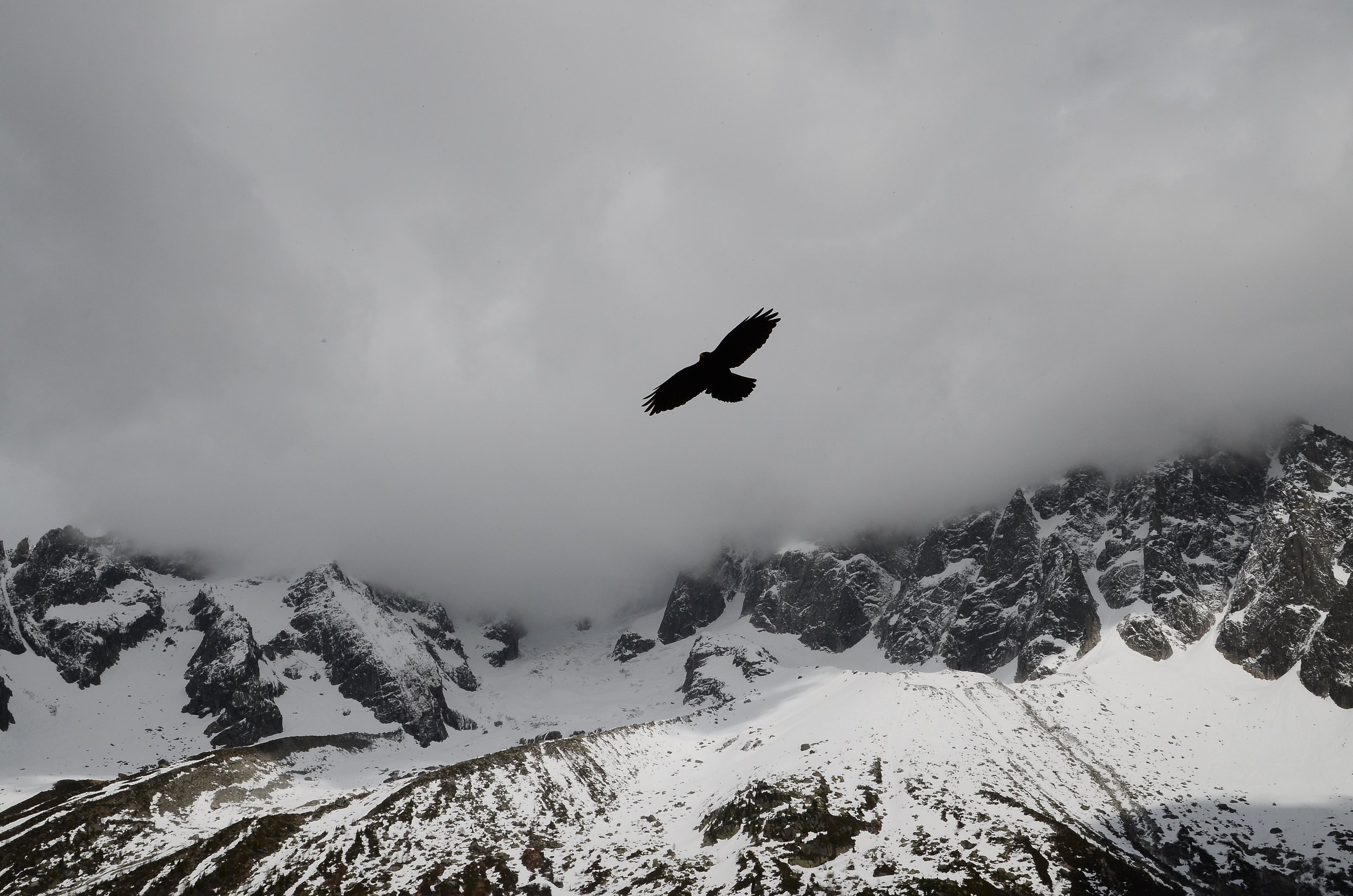
Waking Our Animal Senses
I’m beginning these thoughts during the winter solstice, the dark of the year, during a night so long that even the trees and the rocks are falling asleep. Moon has glanced at us through the thick blanket of clouds once or twice, but mostly left us to dream and drift through the shadowed night. Those of us who hunger for the light are beginning to taste the wild darkness, and to swallow it — taking the night, quietly, into our bodies.

The Invisibles
To live is to dance with an unknown partner whose steps we can never wholly predict, to improvise within a field of forces whose shifting qualities we may feel as they play across our skin, or as they pulse between our cells, yet whose ultimate nature we can never grasp or possess in thought. To affirm our own animal existence, and so to awaken inside the world, is to renounce the pretension of a view from outside that might some day finally fathom and figure every aspect of the world’s workings. It is to acknowledge the horizon of uncertainty that surrounds any instance of knowledge, to accept that our life is at every point nourished and sustained by the mysterious.

Introduction to Jean Giono’s novel, Colline (Hill)
This translation of Jean Giono’s Colline goes to press during a time of rapidly intensifying ecological disarray. More and more species find themselves shoved to the brink of the abyss by the steady surge of human progress, while seasonal cycles go haywire and the planet itself shivers into a bone-wrenching fever. Many persons find themselves bereft, astonished by the callousness of their own species and by the strange inability of modern civilization to correct its dire course. For those who recognize the animate earth as the source of all sustenance, the future—once anticipated with excitement –now looms as an inchoate shadow stirring only a vague dread. The disquiet that troubles their sleep stems less from a clear premonition than from the lack of clear images, from the difficulty of glimpsing any way toward a livable world from the place where we are now, at the end—it would seem—of a particular dream of progress.

Psyche and the Ecological Crisis: Dave Abram at the C. G. Jung Institute
Patricia Damery: It is a pleasure to have you with us, David, and particularly on this topic of the environment and psyche. The environmental crisis is certainly registering in the collective. The last couple of months in the San Francisco area have been very dry, as well as too warm and then too cold. It used to be that we would think this was a normal variation, but now you can feel the often unspoken question: is this a part of some larger climate change for which we are ill-prepared? Since the science is addressed elsewhere, tonight we will talk about the impact of what’s happening in the environment on all of us. I think that the environmental crisis is really a crisis of consciousness. We want to talk about what that might be, and what we might do.

Coming To Our (Animal) Senses: A conversation between David Abram and Dougald Hine
In the opening pages of The Spell of the Sensuous, David Abram stands in the night outside his hut in Bali, the stars spread across the sky, mirrored from below in the water of the rice paddies, and countless fireflies dancing in between. This disorientating abundance of wonder is close to what many of his readers have felt on encountering Abram’s words and his way of making sense of the world.
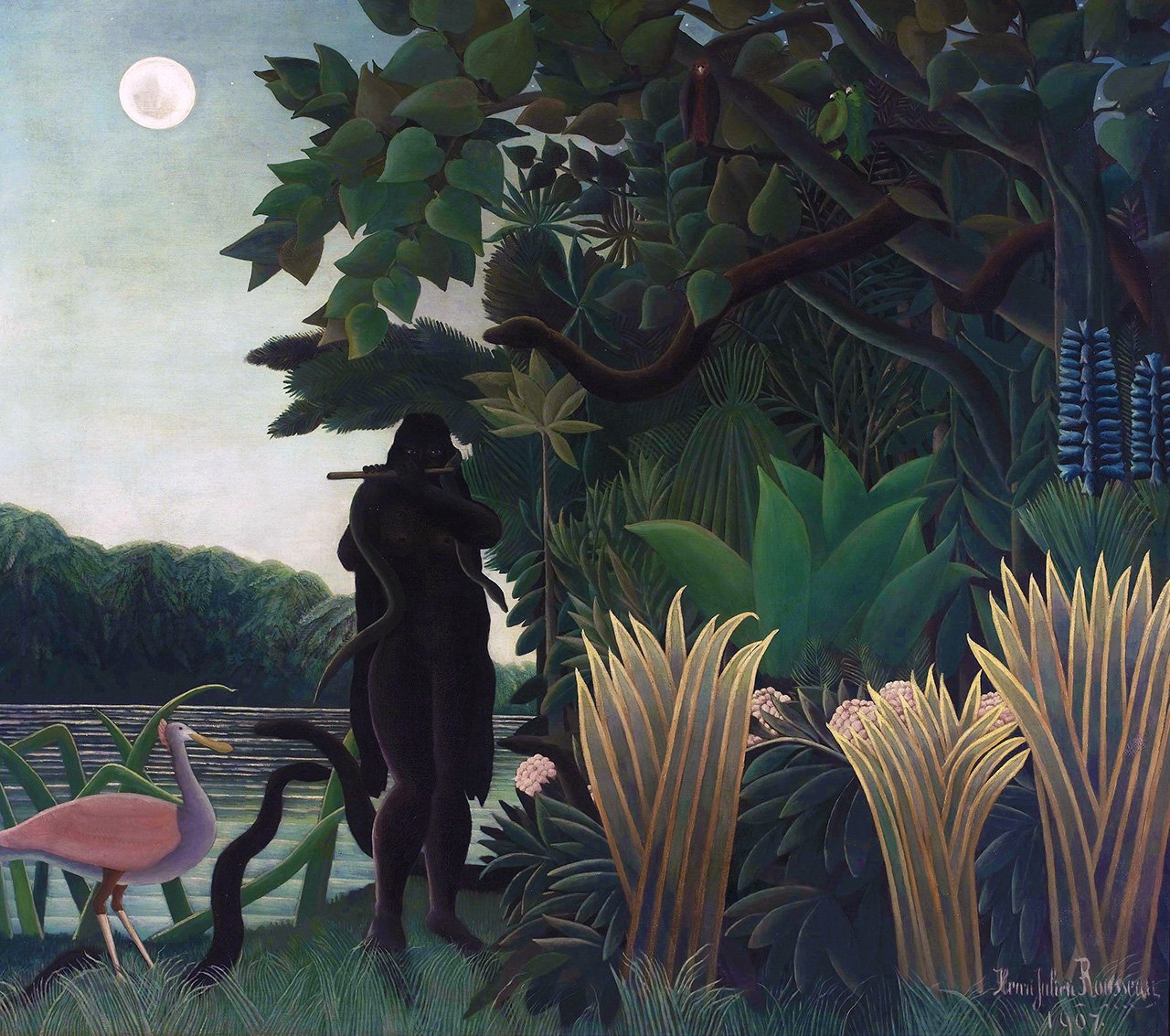
Storytelling and Wonder
In the prosperous land where I live, a mysterious task is underway to invigorate the minds of the populace, and to vitalize the spirits of our children. For a decade, now, parents, politicians, and educators of all forms have been raising funds to bring computers into every household in the realm, and into every classroom from kindergarten on up through college. With the new technology, it is hoped, children will learn to read much more efficiently, and will exercise their intelligence in rich new ways.

Between the Body and the Breathing Earth: A Reply
In order to awaken an ethical field that moves not only between ourselves and other persons, but holds sway between ourselves and the supporting earth, an eros that compels us in our interactions with the soil, the air, and the waters, and that renders our awareness susceptible to the call of other, entirely different kinds of awareness — to the call of clearcut mountainsides, and great horned owls, and salmon surging up the streams — then we shall have to begin speaking, and writing, somewhat differently. Philosophy still, by and large, speaks about the world it ponders, wielding its words as though their sounds and shapes were not a part of that breathing world, as though language were meant to get at the world from outside, rather than to invoke and to vibrate the world from within its own depths. The cool abstraction of our arguments, the rarefied terms, the lack of attention to the song of our sentences or the rhythm of our phrases, all make it obvious that, whether or not we contest the distinction between the mind and the body, we are still speaking as disembodied intellects to other bodiless intellects.

The Mechanical and the Organic
Many scientists and theorists claim that the Gaia hypothesis is merely a fancy name for a set of interactions, between organisms and their presumably inorganic environment, that have long been known to science. Every high school student is familiar with the fact that the oxygen content of the atmosphere is dependent on the photosynthetic activity of plants. The Gaia hypothesis, according to such researchers, offers nothing substantive. It is simply a new—and unnecessarily obfuscating—way of speaking of old facts. In the dismissive words of biologist Stephen Jay Gould: “the Gaia Hypothesis says nothing new—it offers no new mechanisms. It just changes the metaphor. But metaphor is not mechanism!”

On Being Human in a More-than-Human World
Over the last two decades, as I’ve spoken with students and addressed diverse audiences regarding our human interchange with the rest of animate life, I’ve most often been challenged (and questioned) in the following manner: “Alright Abram, I understand when you say that we humans are completely embedded within a more-than-human world, and I understand your claim that many other animals, plants, and landforms are at least as necessary as humans are to the ongoing flourishing of the biosphere. But despite the attention and praise that you bestow upon other species, surely you must admit that humankind is something utterly unique in the earthly world! Isn't that obvious?”
